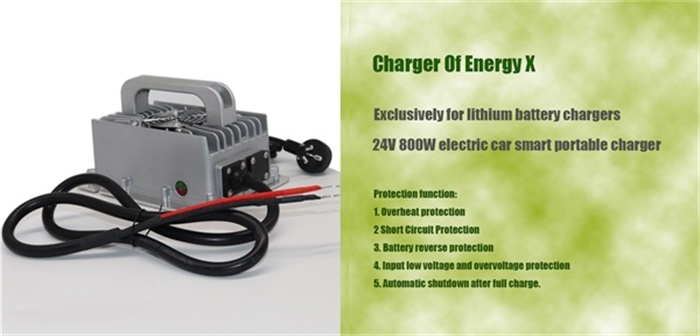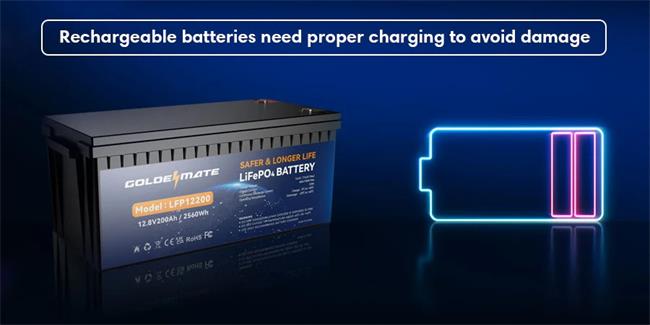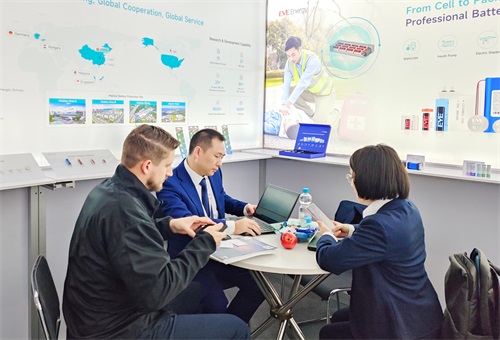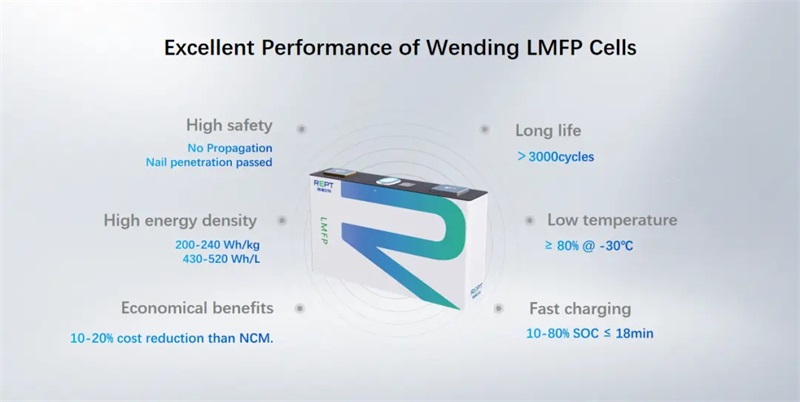Can you charge lifepo4 battery with a normal charger : Analyze the safety and compatibility of battery charging

As electric vehicles, solar storage systems, and even portable power sources become more widespread, the demand for lithium iron phosphate (LiFePO4) batteries is rising rapidly. These batteries have become the darling of modern energy storage technology due to their higher safety, longer lifespan, and greater stability. However, as consumers increasingly turn their attention to this technology, one seemingly simple but crucial question is often overlooked: can you charge LiFePO4 battery with a normal charger?
At first glance, this question might seem straightforward. Many users instinctively believe that a charger is simply a device that provides power, and that the “universality” of chargers is often overestimated. Especially in a world where lithium batteries are the standard for so many devices, many people fail to realize that different types of lithium batteries have very different charging requirements. Normal chargers—particularly those designed for lead-acid batteries or conventional lithium batteries—often fail to meet the specific needs of LiFePO4 batteries.
The Uniqueness of LiFePO4 Batteries
To understand why normal and regular chargers cannot adequately charge LiFePO4 batteries, we first need to examine what makes LiFePO4 batteries special. LiFePO4 is a rechargeable battery that uses lithium iron phosphate as the cathode material. These batteries are powerful, long-lasting, safe, stable, and environmentally friendly. They perform well in both high and low temperatures, which makes them ideal for applications such as solar energy storage and electric vehicles.
So, what makes LiFePO4 batteries unique? Compared to traditional lead-acid batteries or other types of lithium batteries, LiFePO4 batteries differ significantly in their chemical composition, charging mechanisms, and lifespan. The charging process for LiFePO4 batteries requires precise control of both voltage and current. Typically, these batteries have a lower nominal voltage (3.2 volts), and the maximum charging voltage is limited to 3.65 volts. This means that even a small voltage fluctuation could impact the battery's performance or, in the worst case, create safety risks.
In contrast, many conventional chargers lack the necessary precision to meet these strict voltage and current requirements. Regular chargers are typically designed with constant current or constant voltage charging modes, but these modes may not be suitable for LiFePO4 batteries. For example, lead-acid battery chargers generally provide higher current than what a LiFePO4 battery requires, while lithium-ion battery chargers might offer different voltage settings, all of which fail to align with the charging specifications for LiFePO4 batteries.
Risks of Incompatible Chargers
Using an incompatible charger to charge a LiFePO4 battery not only risks reducing the battery’s performance but also introduces serious safety hazards. First, excessive current or voltage can cause the battery to overheat. This not only shortens the battery’s lifespan but also increases the risk of internal chemical reactions running out of control, potentially leading to thermal runaway, fire, or even explosions. Even if the battery itself has strong safety features, improper charging could negate these safety advantages.
Moreover, when the current between the charger and the battery doesn't match, the battery may not charge fully, or it could suffer from overcharging. Overcharging can degrade the battery’s capacity and cause internal damage, further impacting its cycle life and long-term stability. For electric vehicle users, the battery’s lifespan and charging efficiency are directly linked to vehicle costs and safety, making charger selection a crucial concern.
The Advantages of Using a Dedicated Charger

To meet the specific requirements of LiFePO4 batteries, several chargers have been designed specifically for them. These chargers provide more accurate voltage control, ensuring that the battery stays within safe operating limits during the charging process. Unlike regular chargers, dedicated LiFePO4 chargers typically feature both constant current and constant voltage charging modes, intelligently adjusting current and voltage as needed to safely charge the battery. This not only extends the battery’s lifespan to the fullest but also minimizes the risk of overheating or overcharging.
Additionally, many high-end LiFePO4 chargers come equipped with temperature controls, overload protection, and short-circuit protection, automatically shutting off power in the event of an issue to prevent damage to the battery. These added safety features are not found in typical chargers. While dedicated chargers may be more expensive, they are a worthwhile investment, significantly enhancing both the safety and longevity of the battery.
Market Trends and Future Development
As the renewable energy sector continues to grow, LiFePO4 batteries are increasingly being adopted beyond power tools and home storage systems. They are becoming core technologies for electric vehicles, solar power plants, and more. As a result, there is a growing demand for standardization in the compatibility between batteries and chargers.
For instance, electric vehicle manufacturers like Tesla are already focusing on the standardization of charging infrastructure. To ensure efficient and safe battery charging, Tesla equips its vehicles with dedicated chargers and continually optimizes charging protocols to suit the charging needs of various battery types. This trend suggests that, in the future, the compatibility between chargers and batteries will be a major point of focus in the intelligent electric transportation age.
At the same time, as smart grids and IoT technologies become more prevalent, chargers will no longer be simple power adapters. Future smart chargers will adjust charging strategies based on the battery’s real-time status and interact with battery management systems to monitor and optimize the charging process. This intelligent charging system will provide more precise charging solutions for LiFePO4 batteries, extending battery life and improving overall energy management efficiency.
The question of whether we can use a normal charger to charge a LiFePO4 battery may seem simple, but it actually involves the complexity of battery technology and the critical importance of charging safety. While LiFePO4 batteries are known for their high safety, improper charging methods can still cause significant damage to the battery. Therefore, we provide professionally matched chargers specifically designed for LiFePO4 batteries and recommend that, to fully maximize the advantages of LiFePO4 batteries and ensure safety during the charging process, using a dedicated charger is an essential choice.
FAQ
1. Can you charge a LiFePO4 battery with a normal charger?
No, normal chargers can't meet LiFePO4 battery’s specific voltage and current needs. Using them can lead to overcharging, overheating, and reduced battery lifespan. Always use a charger designed for LiFePO4.
2. What is the difference between a normal charger and a charger designed for LiFePO4 batteries?
LiFePO4 chargers provide precise voltage and current control, ensuring safe and efficient charging. They also include safety features like temperature regulation, which normal chargers lack.
3. Why is using a normal charger dangerous for LiFePO4 batteries?
Normal chargers don’t offer the precise control needed for LiFePO4 batteries, risking overcharging, overheating, and damage. Using the wrong charger can lead to safety hazards and reduced battery lifespan.
4. What are the advantages of using a dedicated LiFePO4 battery charger?
Dedicated chargers ensure safe charging with accurate voltage/current control, temperature regulation, and protection from overcharging, which extends the battery’s life and ensures performance.
5. How can I ensure my LiFePO4 battery is charged safely?
Always use a charger designed for LiFePO4 batteries. These chargers ensure proper voltage, current, and safety features like overload protection, preserving battery health and maximizing lifespan.

